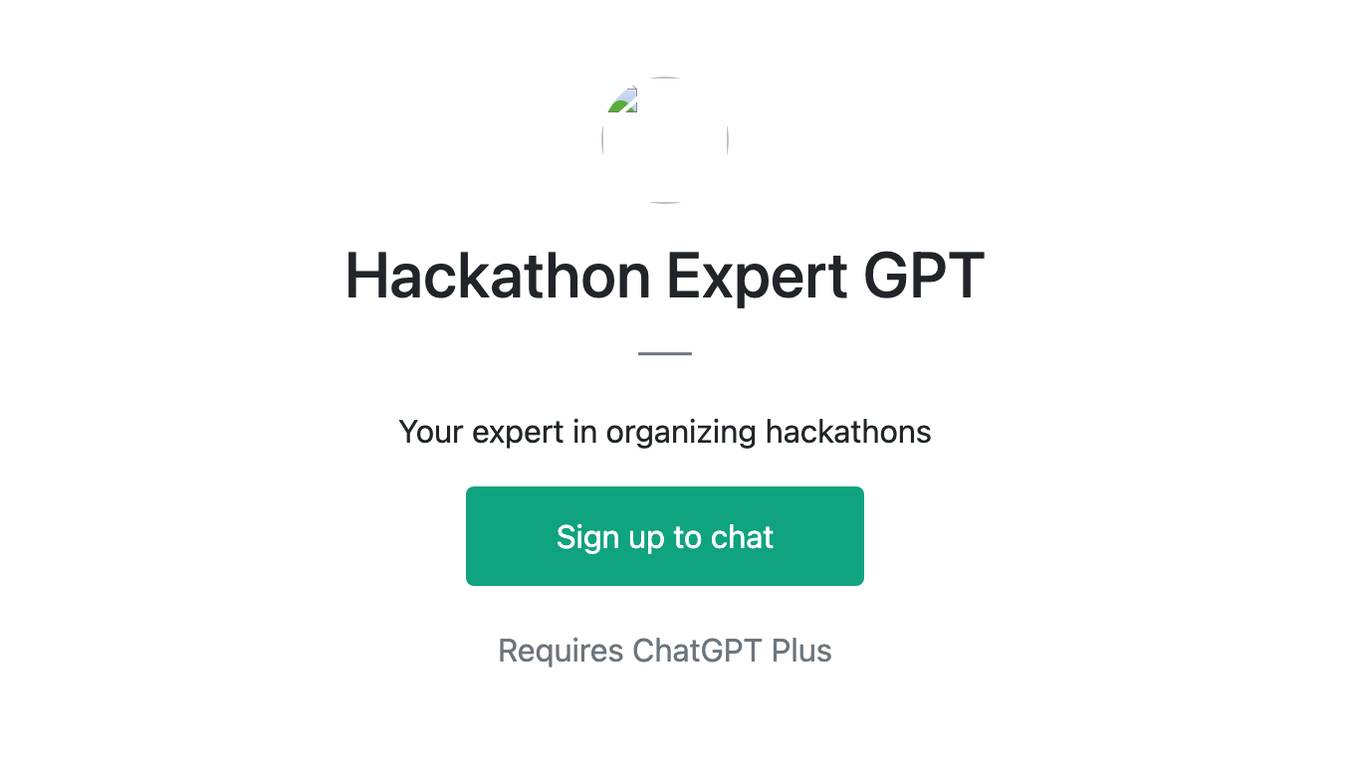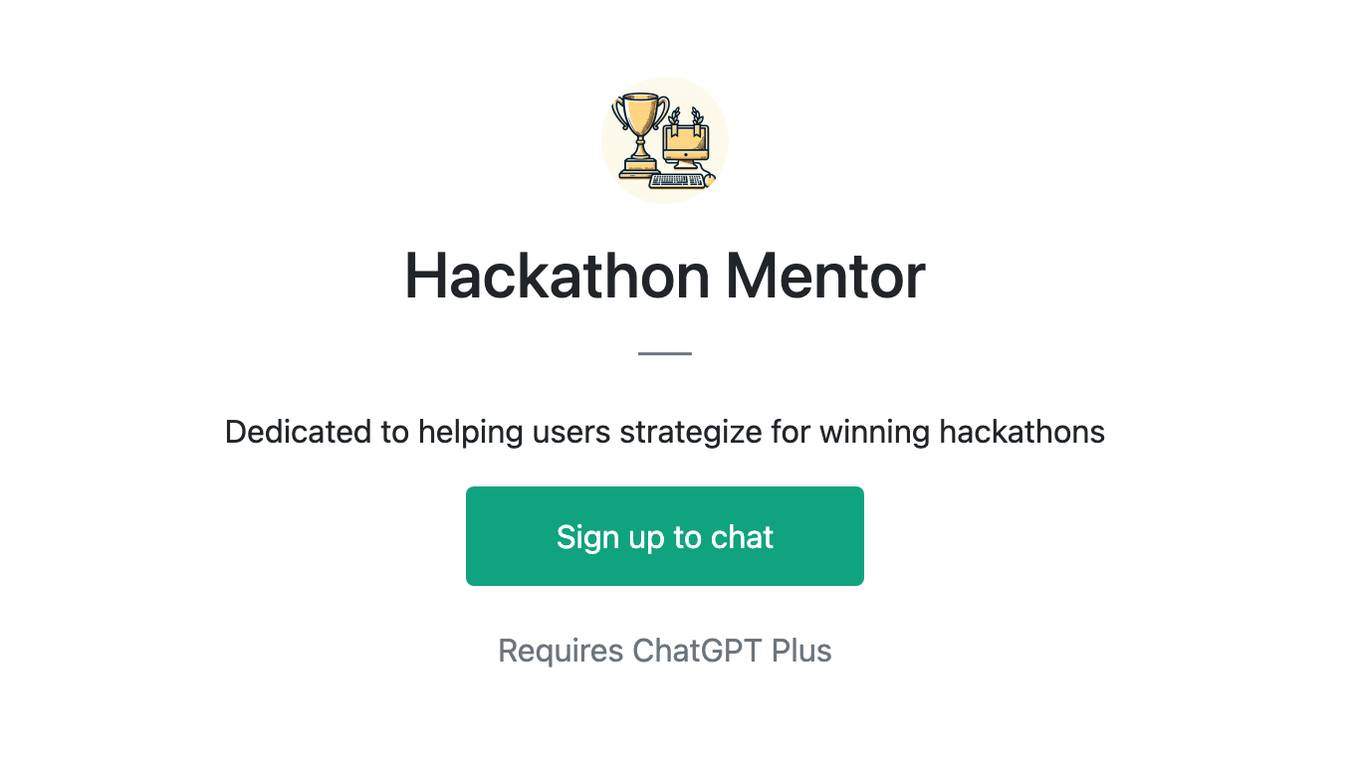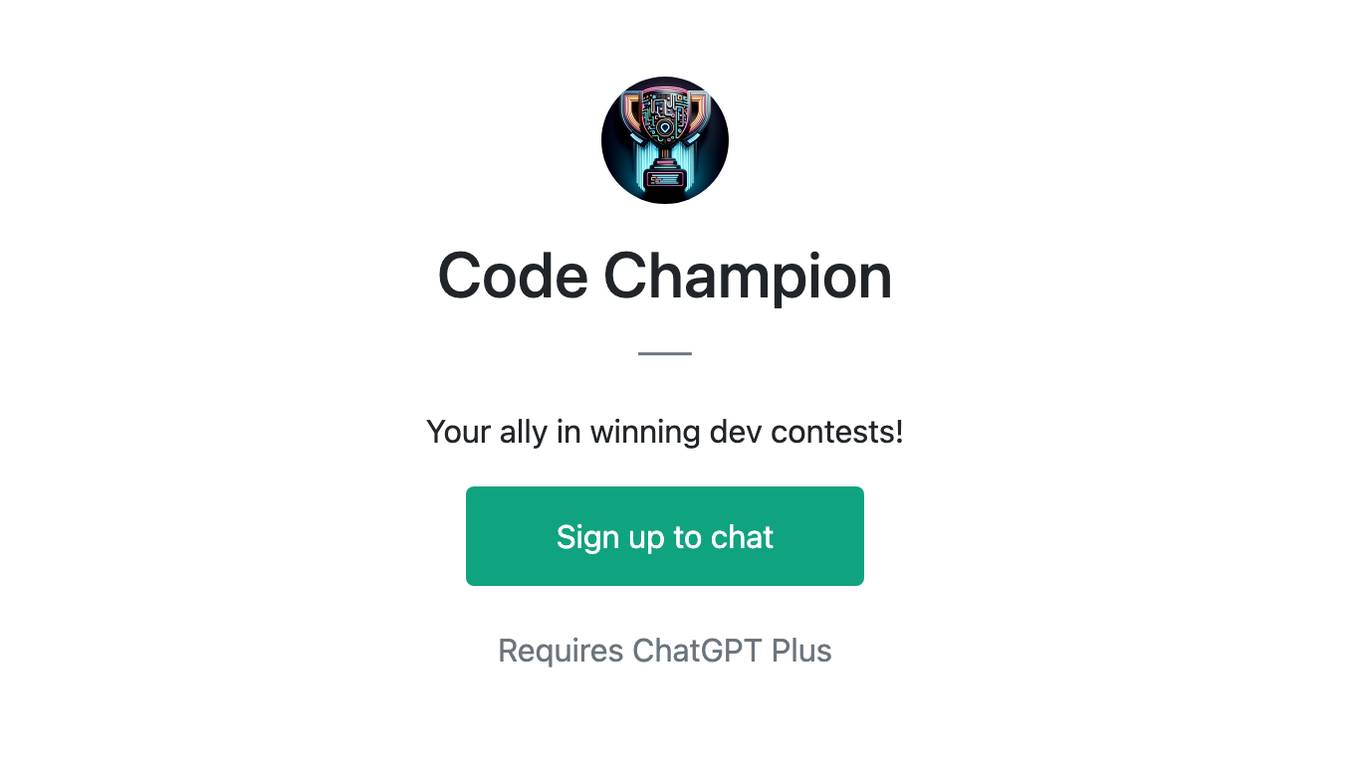Best AI tools for< Hackathon Organizer >
Infographic
9 - AI tool Sites
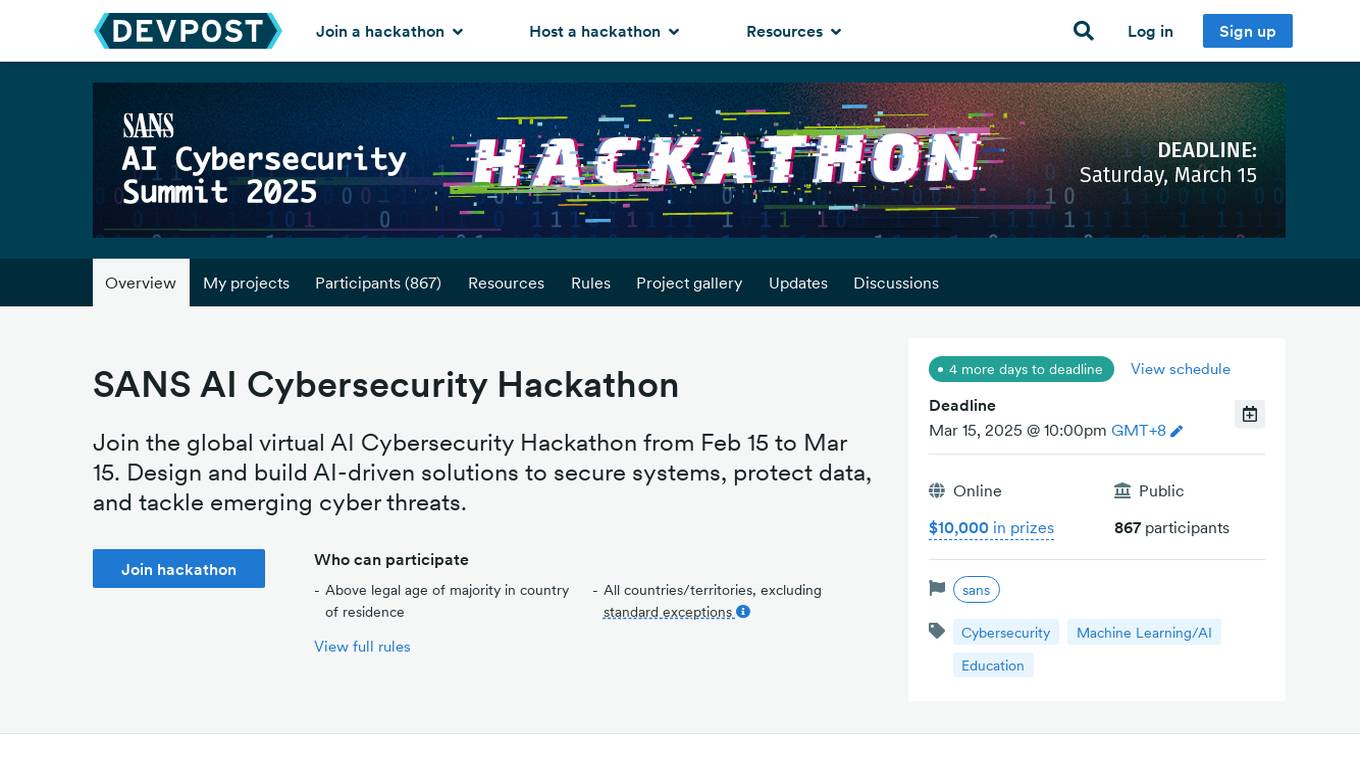
SANS AI Cybersecurity Hackathon
SANS AI Cybersecurity Hackathon is a global virtual competition that challenges participants to design and build AI-driven solutions to secure systems, protect data, and counter emerging cyber threats. The hackathon offers a platform for cybersecurity professionals and students to showcase their creativity and technical expertise, connect with a global community, and make a real-world impact through AI innovation. Participants are required to create open-source solutions addressing pressing cybersecurity challenges by integrating AI, with a focus on areas like threat detection, incident response, vulnerability scanning, security dashboards, digital forensics, and more.
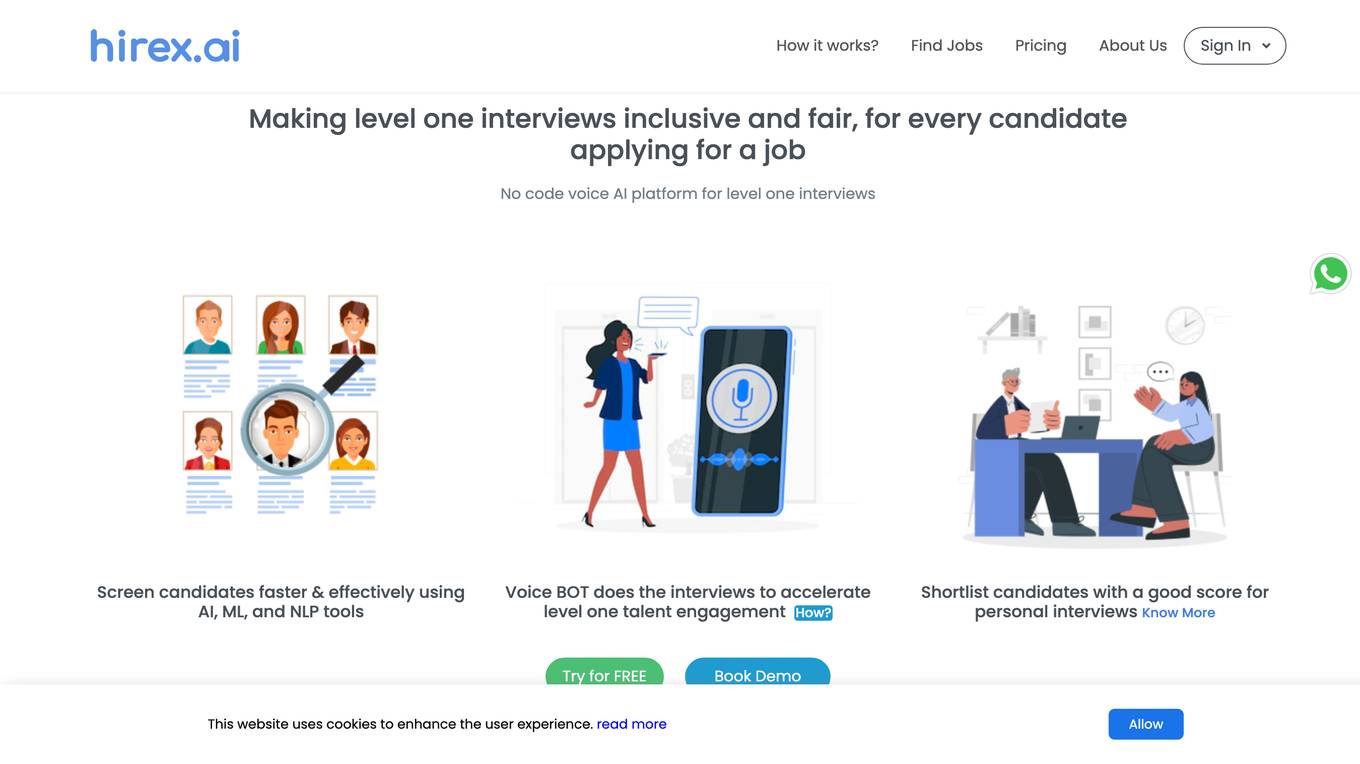
hirex.ai
hirex.ai is an AI-powered platform that revolutionizes the job interview process by making it open, fair, and accessible to all. The platform utilizes GenAI assistant to help candidates get interviewed instantly, jump the line to secure their dream job, and undergo a faster screening process. With no credit card required, users can register for free early access, upload their resumes, and post job offers. The platform aims to transform HR and talent acquisition by providing innovative solutions for both job seekers and employers.
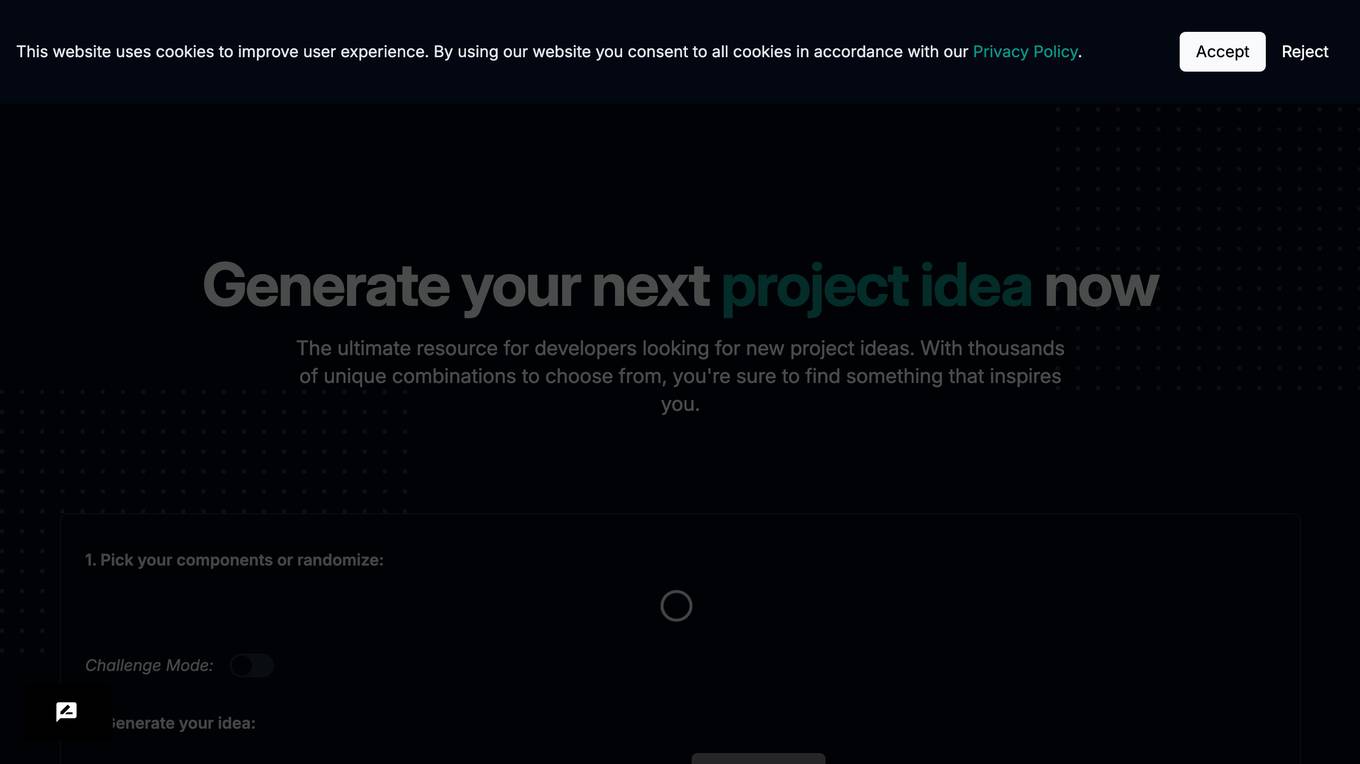
WhatShouldIBuildNext.com
WhatShouldIBuildNext.com is a website that helps users generate ideas for their next project or venture. It provides inspiration and suggestions based on various criteria input by the user. The platform aims to assist individuals who are looking for innovative concepts but are unsure where to start. By offering a range of potential ideas, WhatShouldIBuildNext.com aims to spark creativity and guide users towards their next successful endeavor.

MachineHack
MachineHack is an AI platform that empowers AI developers by providing resources and knowledge for real-world ML projects through hackathons, community learning, and assessments. It hosts AI hackathons, offers practice opportunities, and features AI courses, blogs, and tools. The platform encourages innovation and skill development in the AI field.

Bay Area AI
Bay Area AI is a technical AI meetup group based in San Francisco, CA, consisting of startup engineers, research scientists, computational linguists, mathematicians, and philosophers. The group focuses on understanding the meaning of text, reasoning, and human intent through technology to build new businesses and enhance the human experience in the modern connected world. They work on building systems with Machine Learning on top of Data Pipelines, exploring open-source solutions, and modeling human behavior in industry for practical results.
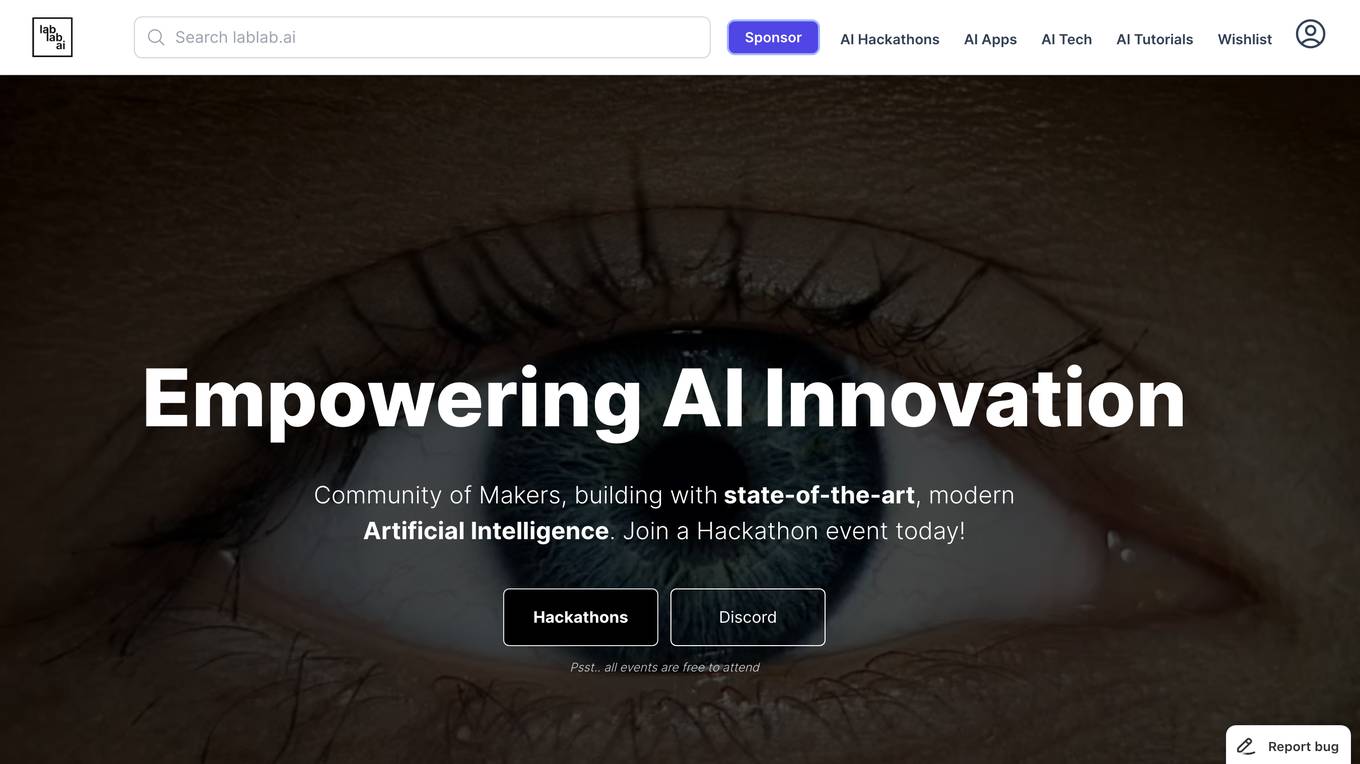
LabLab.ai
LabLab.ai is an online community and platform for artificial intelligence (AI) enthusiasts, developers, and innovators. The platform hosts AI hackathons, provides access to state-of-the-art AI technologies, and offers educational resources on AI. LabLab.ai aims to foster collaboration and innovation in the AI field and to make AI accessible to everyone.
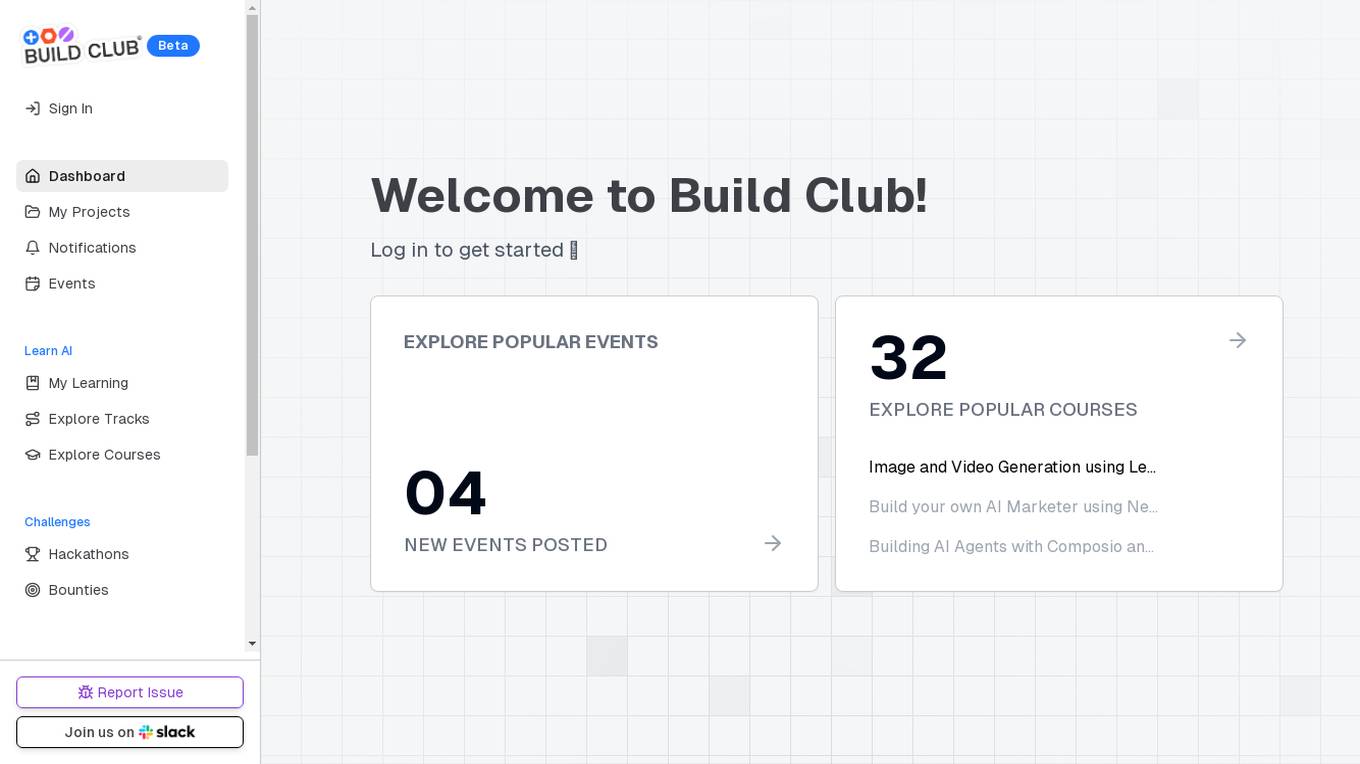
Build Club
Build Club is an AI tool designed to help individuals learn and explore various aspects of artificial intelligence. The platform offers a wide range of courses, challenges, hackathons, and community projects to enhance users' AI skills. Users can build AI models for tasks like image and video generation, AI marketing, and creating AI agents. Build Club aims to create a collaborative learning environment for AI enthusiasts to grow their knowledge and skills in the field of artificial intelligence.

Applied AI Institute
Applied AI Institute is an educational platform that provides AI education to business and IT professionals. They offer a variety of instructor-led webinars, tailored courses, guided hackathons, and solution development services. The institute focuses on enhancing learners' competencies and attitudes for success by offering customized courses with real-world client projects. Additionally, they provide consultation services to create solution assets for specific use cases, ensuring optimal results.
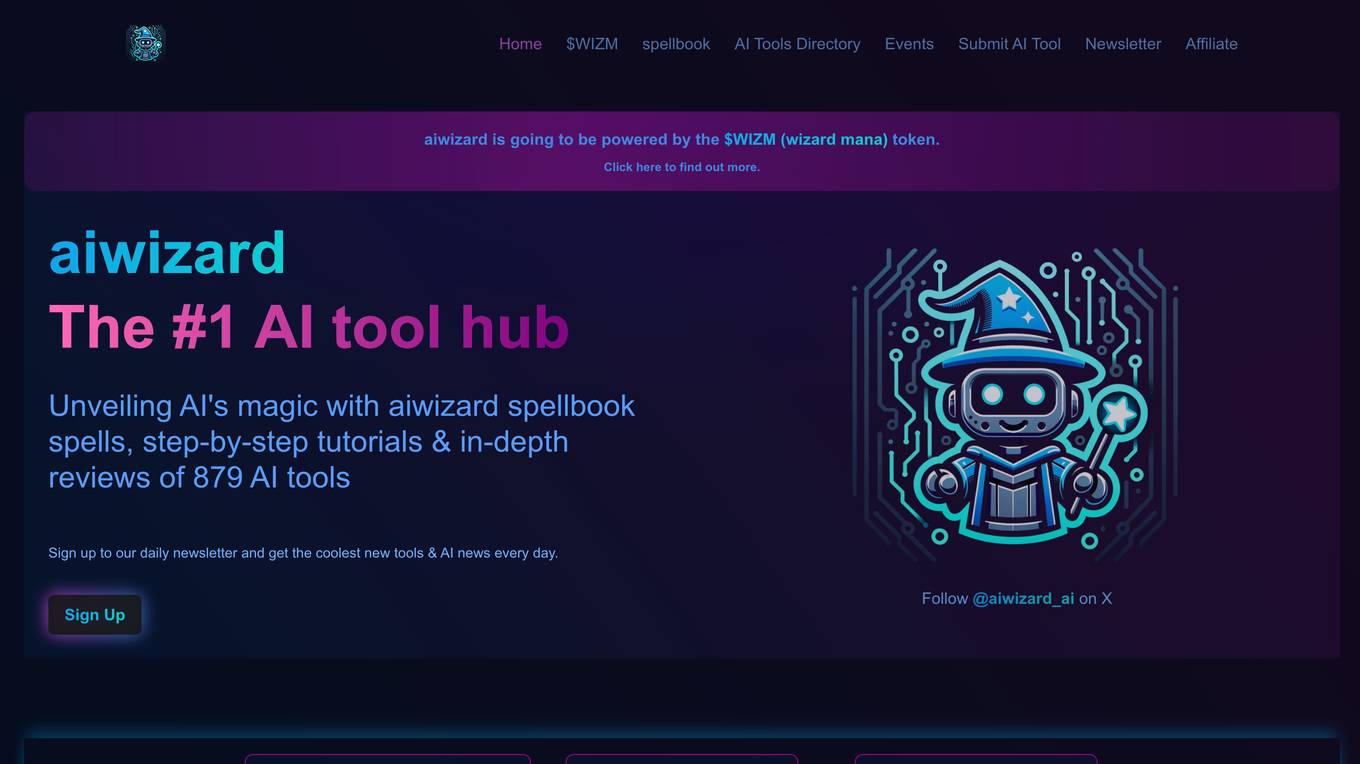
aiwizard
aiwizard is the leading AI tool hub that unveils the magic of AI through its spellbook spells, step-by-step tutorials, and in-depth reviews of over 879 AI tools. It provides a comprehensive AI tools directory with over 879 AI tools in 110+ categories, offering in-depth reviews and step-by-step tutorials for each tool. Additionally, aiwizard hosts an AI events calendar to help users find suitable AI-related events, conferences, hackathons, and live training sessions. Through its newsletter, aiwizard keeps subscribers updated with the latest AI news and cool new tools. Furthermore, aiwizard offers a directory of over 190 AI tool directories where users can submit their AI tools to enhance their domain authority, increase clicks, and improve search rankings.
0 - Open Source Tools
4 - OpenAI Gpts
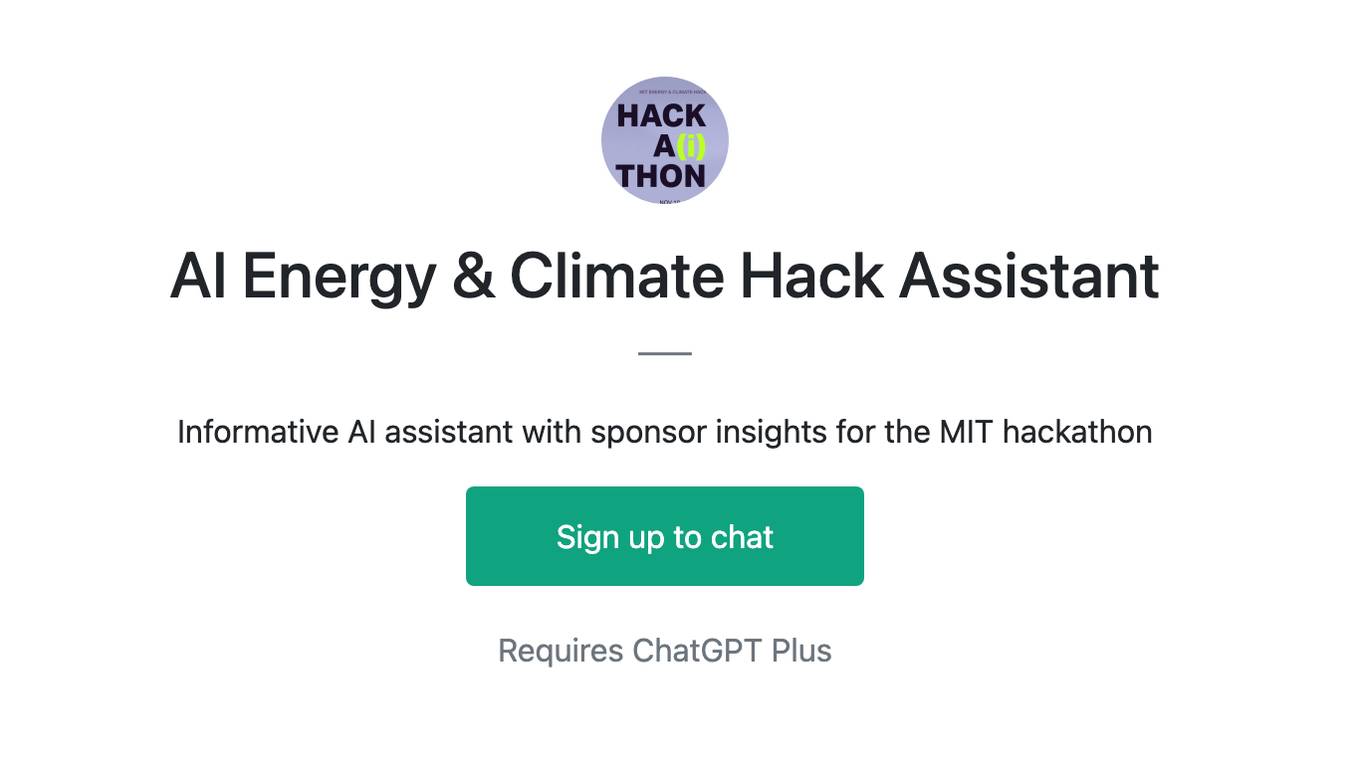
AI Energy & Climate Hack Assistant
Informative AI assistant with sponsor insights for the MIT hackathon
